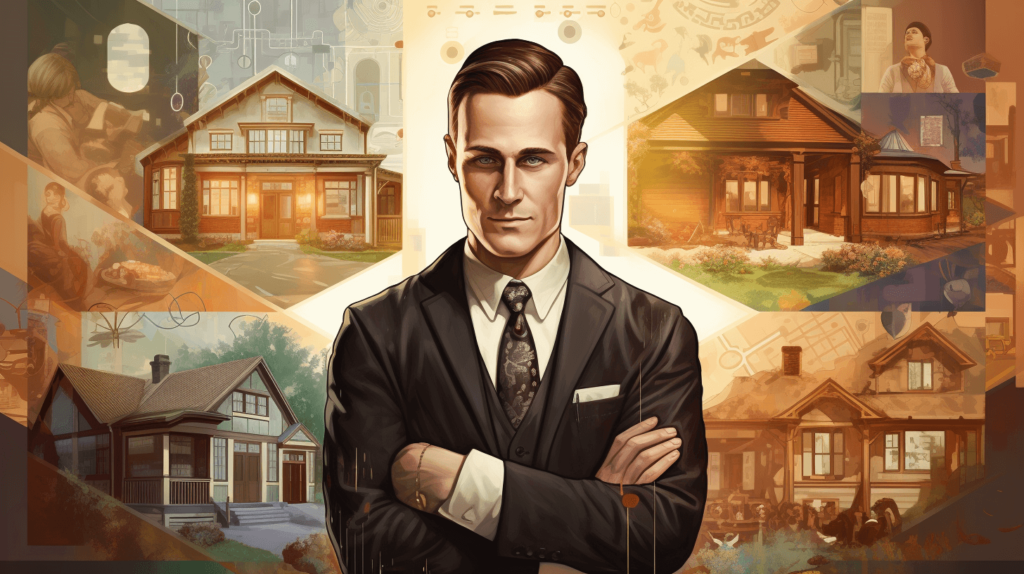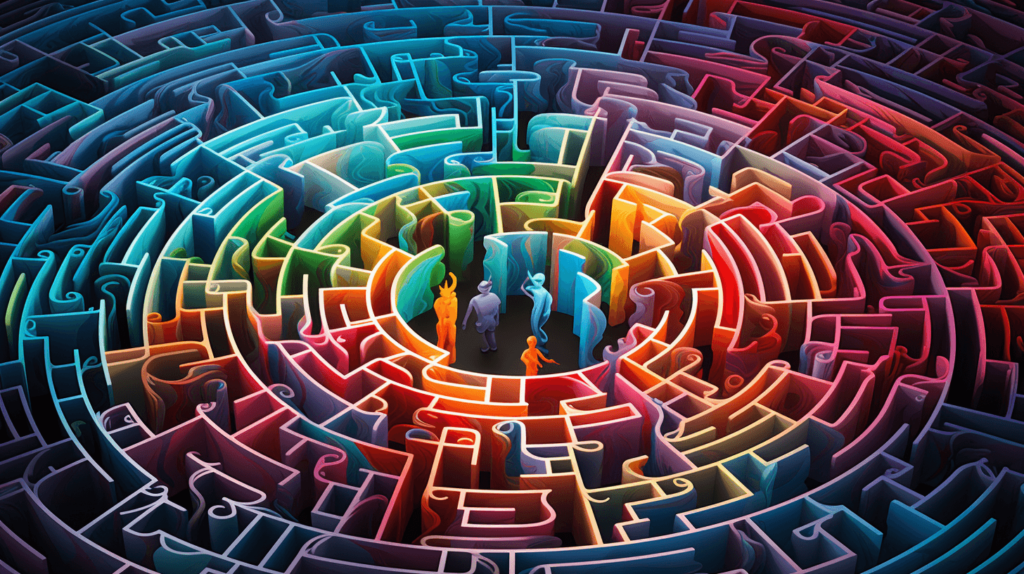Truth & Goodness
Poison on a Plate: What Drives Us to Eat Dangerously?
01 March 2026

What is the essence of human existence? Does life have a goal? People have been pondering these questions since the dawn of time. Do we live to work, or does real life happen outside working hours? And while we’re at it, should we work for others or focus on ourselves?
In Western culture, nobody is surprised that existential questions occupy mainly young people. Reflection on the surrounding world and one’s place on the earth is perfectly natural in adolescence. Students also discuss the goal of life during their university debates and informal talks. However, as time goes by, we seldom return to those questions. First, the mundane aspects of everyday life leave hardly any space for prolonged reflection, which actually has a good side too. Second—and that is probably the most important point—our growing experience teaches us that the meaning of life evolves with time. A goal set in one’s early youth oftentimes recedes into the background later on, and that is not necessarily because its pursuit has become impossible. We constantly change, develop, and long for new experiences, so it comes as no surprise that our goals follow the same process. Who knows, maybe this is the most beautiful aspect of human life?
Research has shown that people all over the world dream of just two things regardless of their age or education level: they want to be happy and rich. Having achieved that, they seem to have everything they wished for. However, those are very general goals and their pursuit makes no easy feat. The resulting difficulty has sprouted secondary goals which are more likely to attain and thus facilitate reaching the happy ending of wealth and joy.
Women usually dream of family bliss, while men long for great careers. A combination of these two priorities multiplies the chance of achieving the ultimate goal of life. Consequently, people form relationships and start up families to follow the main path together, providing one another with support, assistance and trust. Sounds like a fairy tale, right? Indeed, real life rarely looks that perfect, and a mutual pursuit of happiness sometimes becomes a trail bristling with impassable obstacles. The original goal turns out to be unrealistic, which makes many people withdraw with resignation and lose faith in their own capabilities. Consequently, a breakdown may follow, and apathy ultimately sets in. This is when a fresh goal comes as the best cure and puts on a light at the end of the tunnel. True, the new meaning of life may no longer be so grand, but it is much more relevant than the old one because it makes the whole pursuit plausible again.
Actually, the very search for the essence of life may become a goal in itself. A life set in motion is the best protection from the slow poison of stagnation.
Many people dislike their job and go to work just because they have to, quietly dreaming of an entirely different life. However, waiting for payday, when coveted cash finally lands in the bank account, does make practical sense. A job deprived of a sound meaning or goal can still be used to gather funds, and the struggle itself serves as a purpose that makes life meaningful. Once it becomes your dream to buy a house by the lake, get a new car or help finance your children’s studies, you begin to plan the future and that process gives sense to your life. People who believe that they have already achieved everything may see no more reason to carry on. The purpose which previously kept them moving disappears, and they automatically lose the desire to live. It is an old wisdom that satiation breeds indolence and leads nowhere, while hunger provides motivation to continue the struggle and take action.

A new meaning of life is often born out of a slump. Take men and their midlife crisis: having reached the goals set at a young age, they suddenly realize that there is no task left to make them carry on. They may have built a house, fathered even more than one son, and planted trees to their heart’s content—but what next? Accustomed to struggling and achieving, accomplished men sink into boredom in the safety of their own home. Some attempt to break that chain and hanker after adventures, many of which lead to troubles rather than happiness. Other men, however, get a new lease of life once they start up a new family with a much younger woman who gives birth to their child. Previously unable to find fresh motivation by the side of their first partner, they pick up the fight again. Women also make revolutionary changes in their lives to rediscover meaning and purpose. Some break up unsatisfactory relationships which they maintained only for the sake of their kids or for economic reasons. Others take up studies or courses once their adult children have left home, and fulfill themselves in new jobs and careers. They are able to change their entire life because its meaning changed first.

Austrian psychiatrist and logotherapy founder Viktor Frankl devoted his whole life to the reflection on pursuing the sense of human existence. His own purpose was work for other people, even though, as a concentration camp survivor, he had gone through hell on earth. Paradoxically, those extreme conditions had taught him how to maintain goals: hungry, petrified, and suffering, he focused on surviving till the end so that he could see his wife again and resume the interrupted research. The attitude proved helpful in withstanding the cruel time, so he also tried to instill it in his companions in misery. Another important source of his consolation was deep faith.
According to Frankl’s book The Unconscious God: Psychotherapy and Theology, one can attain fulfillment and find the essence of life only by crossing one’s own boundaries in order to love another person or perform a freely chosen task. Every situation in general, and a life crisis in particular, offers a unique opportunity to find a purpose and achieve it. Humans constantly shape themselves and can do so till the end of their lives. Indeed, Frankl’s research and work helped his patients overcome the tormenting feeling of existential emptiness.

Viktor Frankl was right in his conclusion that the meaning of life is the most important factor motivating people to carry on. Without a purpose, life becomes difficult, impoverished and painful. At best, an existence deprived of a clearly defined sense leads to frustration. Unfortunately, apathy and lack of faith in a better future often end in depression and, at worst, suicide attempts.
Contrary to what most people believe, happiness results from a meaningful life, not from satisfied needs. Prosperity may still lead to emptiness if the essence of life is lost in the process.
Translated by Eleonora Joszko
Read more on Holistic News

Truth & Goodness
01 March 2026


Zmień tryb na ciemny